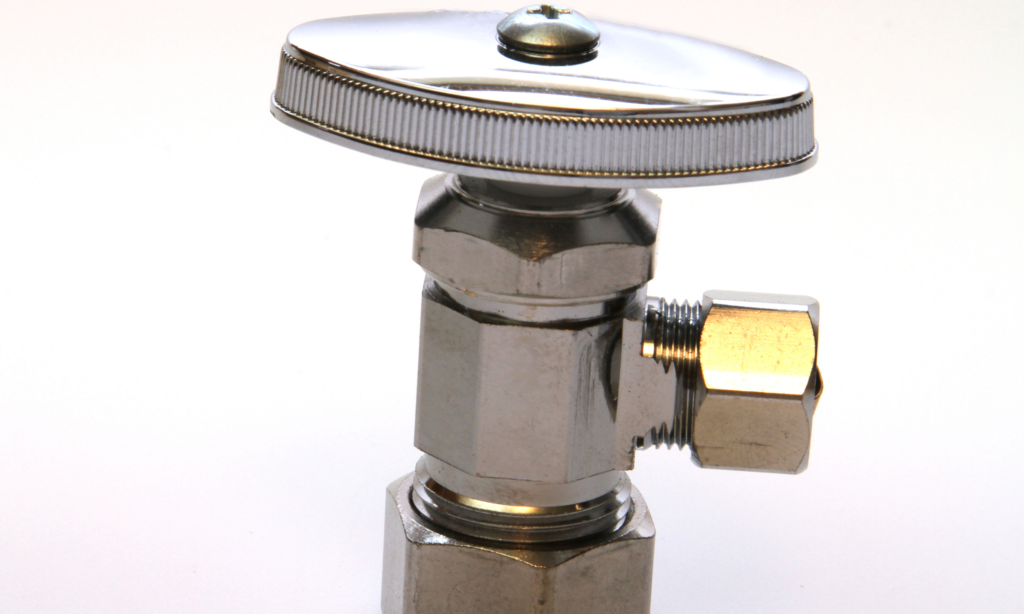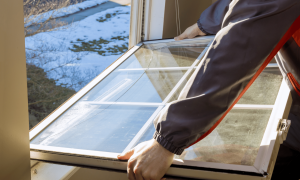As a new homeowner, there’s a world of exciting opportunities and responsibilities ahead of you. One of the important things you need to do when moving into your new home is familiarizing yourself with the main shutoffs. Here’s a guide to help you locate and understand these crucial points.
Electricity Shutoff
The main electrical shutoff is usually a large circuit breaker at the top of the main service panel, or a large lever or handle. This panel is usually located in a utility area, such as a basement, garage, or utility closet. Knowing where this is can be crucial in case of an electrical emergency or when making significant electrical repairs.
Water Shutoff
The main water shutoff valve is typically located near where the water line enters your house. This could be in a basement, a utility room, or even outside in warmer climates. Turning off this valve will cut off all water to your home, which can be essential if you have a plumbing emergency like a burst pipe.
Natural Gas Shutoff
If your home uses natural gas, the main shutoff will be on the gas meter, which is usually located on an exterior wall. Turning off the gas should be done with caution and typically only in case of a suspected gas leak or during major home renovations.
Other Shutoffs
Apart from the main shutoffs, it’s beneficial to identify the shutoff valves for individual appliances and fixtures, such as your water heater, kitchen sink, toilets, and outdoor faucets. These can be helpful in smaller-scale repairs or emergencies.
Important Considerations
- Do ensure you can easily access these shutoff points, especially in case of an emergency. This may mean clearing any clutter in the area.
- Do check these shutoffs periodically to make sure they’re functioning properly.
- Don’t turn off the gas unless you absolutely need to, and never attempt to turn it back on yourself. If you turn it off, contact your gas company to turn it back on.
Becoming familiar with the main shutoffs in your new home is a simple task that pays off in the long run. With this knowledge, you’ll be better equipped to handle emergencies and keep your new home safe and functioning smoothly. Welcome to the world of confident homeownership!




